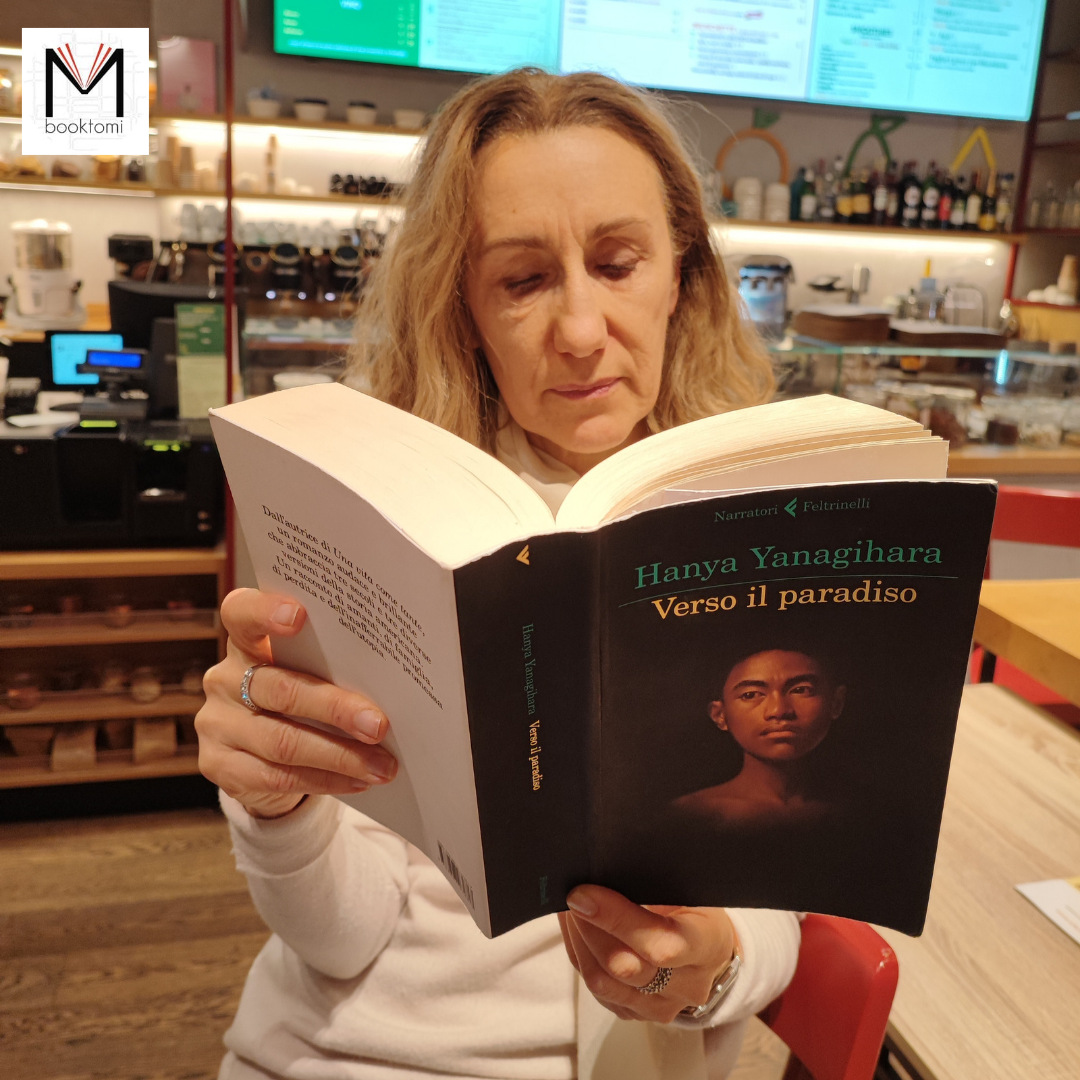“[…] and he finally knew the kind of transformation that love had given to all the people he knew, to always escape only him.”
A novel full: of what? of life, of contradiction, of feeling, of emotional inconsistencies, of elective affinity, of imagination and reality. If that weren’t enough yet, we also add full of reflections on interpersonal relationships, mistakes, remorse, on man’s inadequacy and wealth. Three divided yet linked stories, with an alternative vision of the very distant past (1893), a plausible one with small variations on the theme of a recent past (1993) and one that we hope will not be realized on the future (2093).
We don’t want to give any more information about the plot, or rather the plots, because we don’t want to deprive you of the surprise that the writer wants to give the reader, and of the concentration efforts required in some passages, to understand some dynamics between the various characters. A pleasant effort, which encourages you to go forward page after page, facilitated by a writing with the taste of dust, difficult (indeed very difficult) to find in contemporary Western literature.
Yanagihara shows all his technical writing skills, the structure of the text is perhaps even better than the stories told, like a castle with high towers, among the high mountains, and a horizon of only sky, beautiful regardless of the moral qualities of the gentleman who lives there.
The characters of the three stories live in the same places, although divided by a hundred years of distance, they represent a subtle game by the author to give two-dimensional shape to the transience of human existence. What represented the end of the world for one, represented the beginning of the world for another, and so on forever.
We read this book within our reading groups, and we encountered the most diverse points of view, those who loved it passionately, and those who didn’t even manage to finish it, so much so that we thought of defining it as a book “of- vision” in its double sense. In this regard, we asked ourselves, can you fall in love with a selfish character? or another emotionally immature? or another completely bland and characterless? Some of us succeeded, some not. And what about you?
____________________________________________________________________________________________________
Hanya Yanagihara, Verso il Paradiso, Feltrinelli, Milano, 2022
Original edition: To Paradise, Doubleday, New York, 2022



